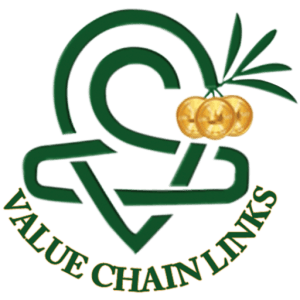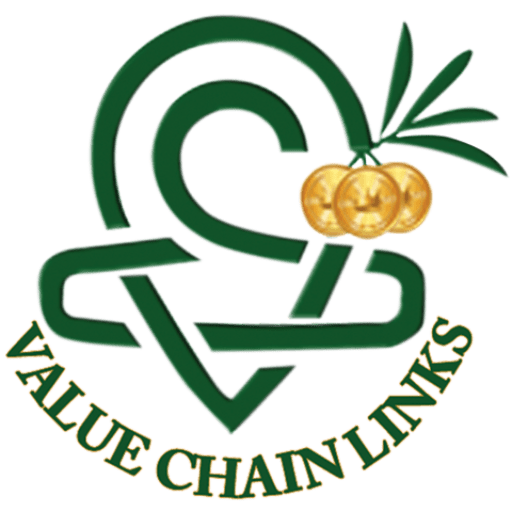WHEN “ZERO” IS BETTER THAN “LESS”!?
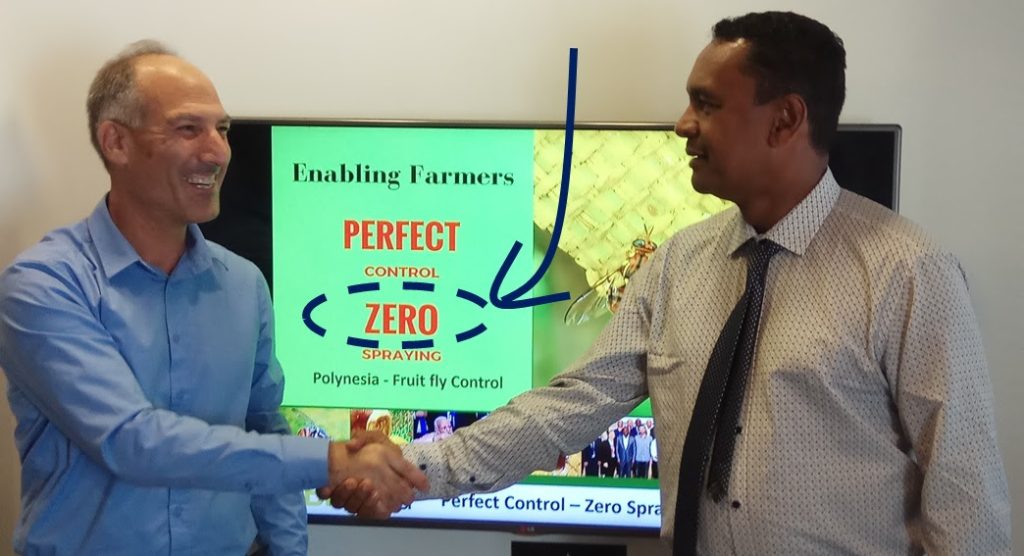
BY DR. NIMROD
FLIGHTS
This column is about a short human interaction I had on my way from Israel to Australia (where I am now).
A week ago, I arrived from Senegal, Africa, to Israel, where I spent one day in quarantine until I received the COVID-19 negative results.
In contrast, Australia is a whole different story and the difficulties involved in getting there, under COVID-19 restrictions and limited flights, deserve a separate column.
So I will say that after few days in Israel, I had no choice other than to get on the plane and leave for a 35 hours flight to Adelaide, South Australia.
The flight route to Australia started in Israel (Tel Aviv), passes through Greece (Athens), Qatar (Doha), and ends in South Australia (Adelaide).
What I am about to share took place at my first station – Athens, Greece.
THE SECURITY WOMAN
As businesspersons, we care most about the consumers and what they – THINK.
But, there is one thing even more important, and that is what they – FEEL.
You learn about someone’s thoughts by – asking questions and getting answers.
You learn best about feelings and emotions by – watching expressions and listening to the words.
It was only two hours and ten minutes after leaving Israel when I landed in Athens.
A few minutes later, I faced a security woman standing behind a conveyor belt and asking me to put down my suitcases for screening. And so I did.
As the suitcases came on the other side of the belt, the security lady asked me to open the suitcase. And so I did.
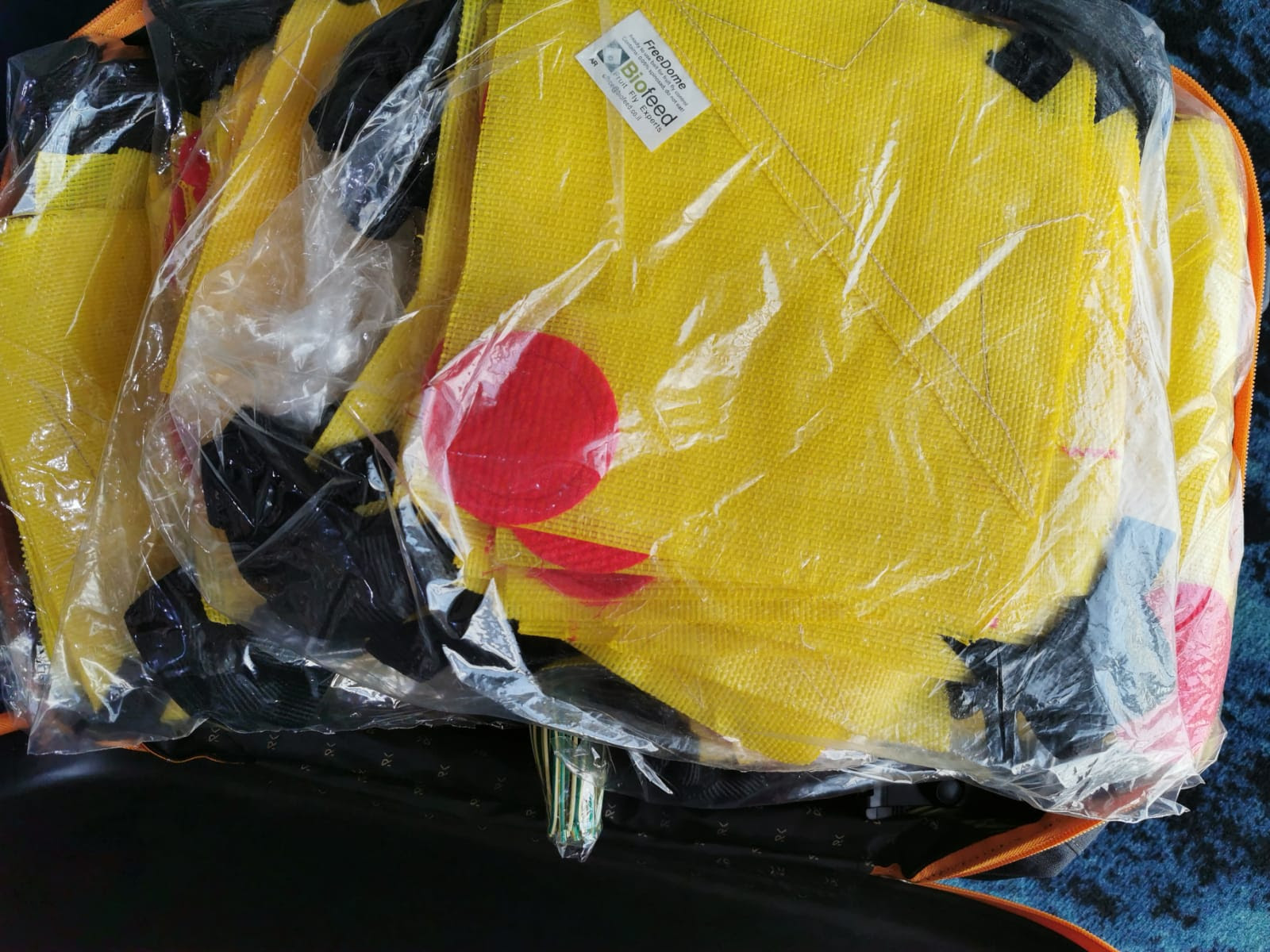
She sees yellow cloth panels and asks, “What is this?”
I: “It’s for agriculture.”
She: “Okay…”
I try to think how I can explain it to a Greek security inspector who never worked in agriculture.
I: “Are you familiar with the problem of olive fruits that are infested and rotten?” I say it as if it is evident that all Greeks understand the problems of olives.
She: “Yes…”
I am a bit surprised by her answer.
I explain: “What causes the extensive fruit infestation and loss is The Olive Fruit Fly.”
She: “Yes.”
I: “My job is to help farmers fight pests, and in particular fruit flies, including the Olive Fruit Fly.”
She (getting excited): “We in Greece also have a problem with these pests.”
I: “True, and also with the Mediterranean Fruit Fly that infests the summer fruits. This is why I am going to Australia, and this is what those panels and dispensers are for.”
She (exited): “Good. Do it here too.”
I: “The goal of using this technology is to help farmers provide people with what they want; fresh produce free of sprays and chemicals.”
She almost jumps out of her skin; as she became energized, her face lit up, and she responded with a big smile, “Wow, that is precisely what we need!”
The inspection is over. I say bye-bye and rush to catch my next flight.
NOTE TO MYSELF
The security woman has no experience in agriculture, yet she became interested the moment she heard the word “agriculture”.
She kept interested when we spoke about facts and eco-friendly crop protection, i.e., for fruit flies to replace sprays.
But, she was super excited and fully into this story once she learned how it connects directly to HER desires and food quality demands, i.e., simply no sprays and no chemicals in the produce.
When I dig deeper, I understand that she perceived the technology she saw in my suitcase as reducing chemical use. Her “connection” to technologies, even when eco-friendly, was on a rational level.
However, her body behavior, tone of voice, and facial expressions dramatically changed once she learned that this technology enables consumers (her included) to have food/produce free (zero!) of sprays and chemicals. This is when she became emotionally involved.
The security woman was interested in agriculture and eco-friendly crop protection. Yet, she became ten times more emotionally involved when the conversation turned to topics that matter to her, such as fresh produce with zero sprays.
UNIQUENESS
After the interaction with the security woman, I asked myself if such behavior is unique to agriculture or can we see it in other fields.
I looked for examples from other fields, and it was easy to find:
Coca-Cola changed not to “little sugar” but to “zero sugar” or “no sugar”.
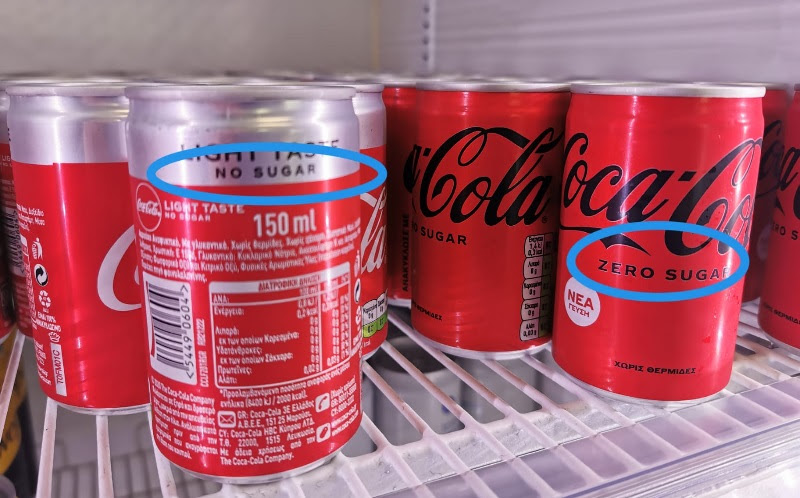
Tesla changed the car industry not to “less use of fossil fuels” but “zero fossil fuels”. Note that electricity produces zero pollution vs. fossil fuels, and can be generated from renewable resources.
The food industry recent development is to suggest meat (protein) without meat. You get the proteins you want, with good taste, without (zero) growing or slaughtering a single animal. Note that none of those companies suggest a solution of “less slaughter”, it is always about “zero”.

Organic producers suggest “zero use of synthetic chemicals”.
They don’t say we use “some” or “only little synthetic chemicals”. Organic food advocates focus and emphasize the source and method of producing the chemicals they use rather than facing the core issue, which is the mere use of chemicals.
Like the Security Woman, the public wants “no chemicals,” but since they can’t yet provide it, they focus on the next best thing, “zero synthetic chemicals”.
WE ARE ALL HUMAN
Why does “Zero” work better for marketing purposes if “very little” is often more practical and does the same job?
The human mind finds it easier to process information that is provided straightforwardly. In marketing, when you need to get into details and provide “explanations,” you are out of the game. This is because you lose people’s attention and trust.
The relatively new field of Behavioral Economics tells us what every marketing and salespeople know (and now scientists too): when you target “feelings and emotions,” you achieve better results. You do it without the need for complicated explanations. (Suggested additional reading; how Behavioral Economics is related to the low fresh produce exports).
“Feelings” are way more potent than any “Explanations”. Although we perceive ourselves as “rational creatures,” we are primarily motivated by “feelings and emotions,” and only then rational (justify) our decision and activity.
When I conversed with the Security Officer at the airport, I could easily see where her feelings were. She was emotionally focused on her desire to consume produce free of sprays or chemicals. And as we know, emotions and feelings always win over rationality.
Her desires were not aligned with organic agriculture that markets itself as “zero synthetic chemical use”.
The Security Officer doesn’t care how sprays are produced; she only cares about the end result – zero chemicals in her produce and food.
Nowadays, people are looking for safe, healthy, tasty produce grown without any chemicals. People also care about the environment and their health.
People are focused on their food, and they ask simple questions – “Did you use any chemicals in the process, and do I have any residues in my food (even if approved by regulators or undetected by current technologies)?”
Green Valley initiative (links: Green Valley description and content) is entirely focused on those questions. Looking at history, we see that people are looking for simple answers to complex questions.
Looking at the present, we see that peoples’ feelings and emotions are focused on the food they consume, which they wish to see first and foremost – available, safe (zero chemicals), healthy, and tasty.
Over the years, we have learned the importance of “ZERO” to consumers. Hence, we focused on reaching extreme abilities to produce high-quality produce free (zero) of chemicals and free (zero) of infestation by quarantine pests.
After many years of hard work, finally, a company can deliver what consumers want – produce free of sprays and biosecurity safe.
Green Valley provides the required know-how and technological edge with an unparalleled quality and marketing advantage to bring us fresh produce free of chemicals.
Green Valley is a leading conceptual approach providing labeled produce that originates from emerging economies and providing consumers safe, healthy, and tasty produce. Green Valley produce is never treated in the field by chemicals, any chemicals!

| By doing so, Green Valley provides a significant and unique strategic advantage to farmers in emerging economies over farmers in advanced economies, which extensively use chemicals.Note that farmers in emerging economies often do not use chemicals because it is too expensive, inaccessible, and ineffective in their environment and conditions. However, when they use chemical sprays, they often misuse them and consequently put themselves, the consumers, and the environment at risk.]The hundreds of $ millions (maybe even billions by now) invested in food alternatives, together with the decline of the agrochemical industry, shows that the future belongs to those who will supply healthy food using zero chemical sprays.Reducing sprays is fine, but using zero chemical sprays is far better because it is the future! |
| TAKEAWAY» The global agenda is dictated by consumers who are highly aware of fundamental human values, such as environment, health, social responsibility, and food security.» There is excess global production capacity, including agro-products.» The competition for consumers’ attention is focused on “quality” and “service”.» The worldrevolves around consumers – if you do not satisfy their desires, someone else will.» “Zero” often represents the highest quality.» Consumers’ requirement for zero sprays/chemicals in fresh produce is a fact. The question remains as to who will fulfill this need and enjoy the economic bounty it brings. |
Subscribe here for access to exclusive content – SUBSCRIBE.
*** Mental and Economic Freedom Are Interconnected. ***
